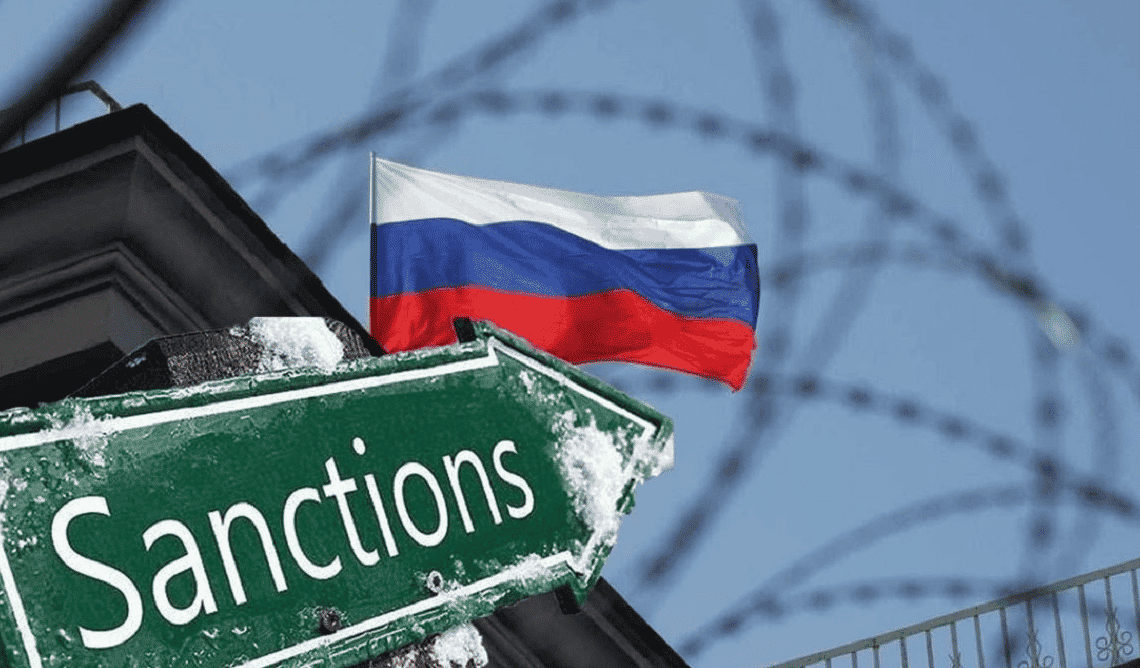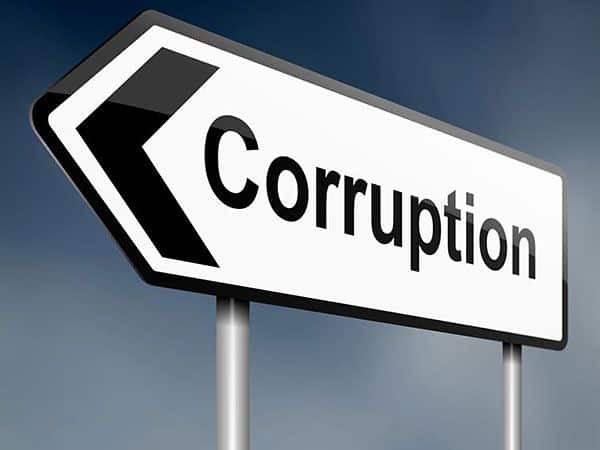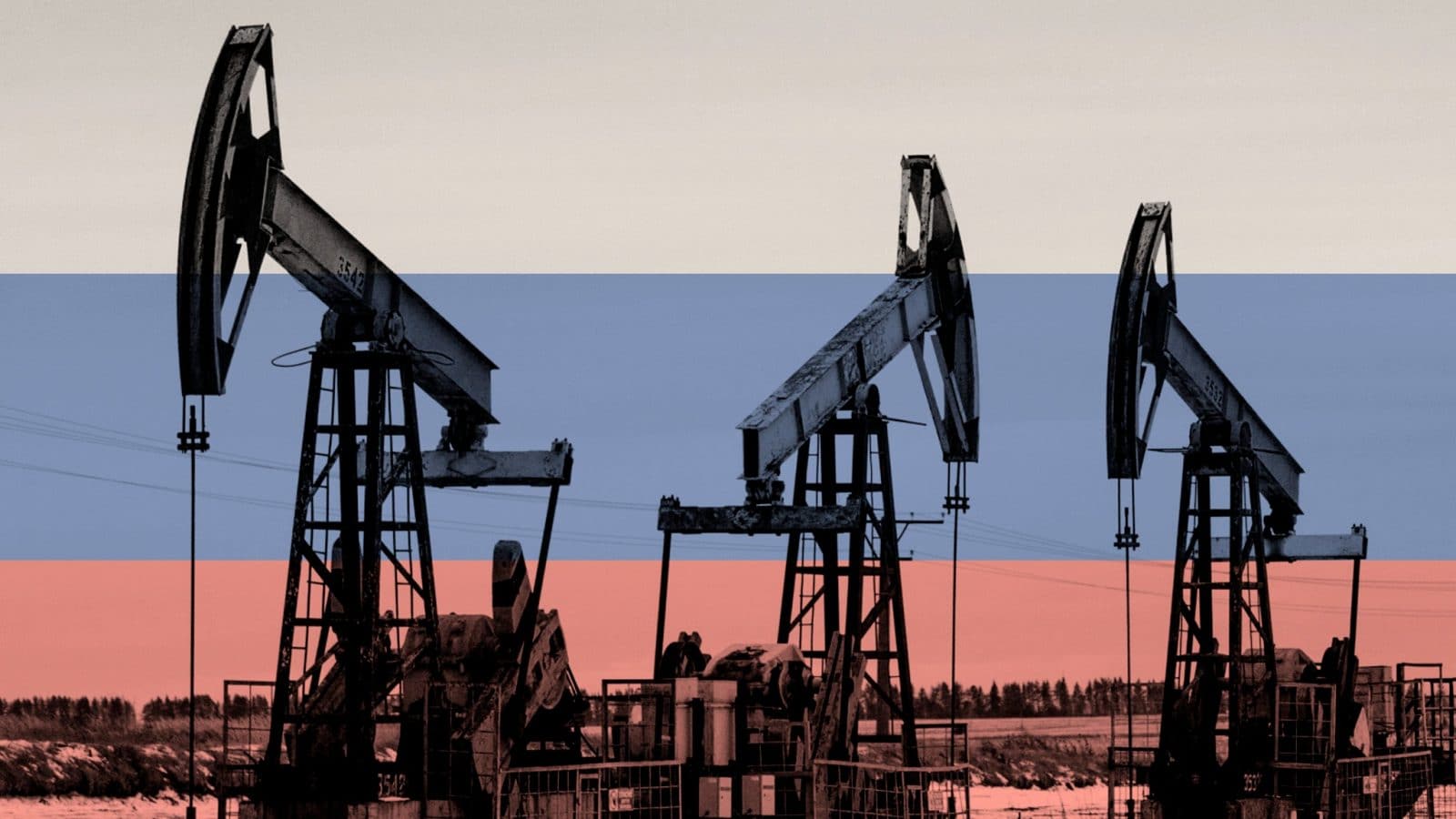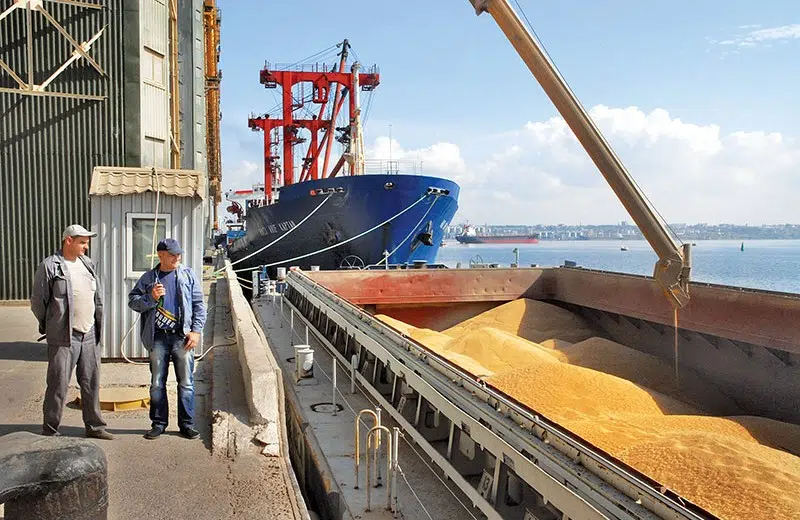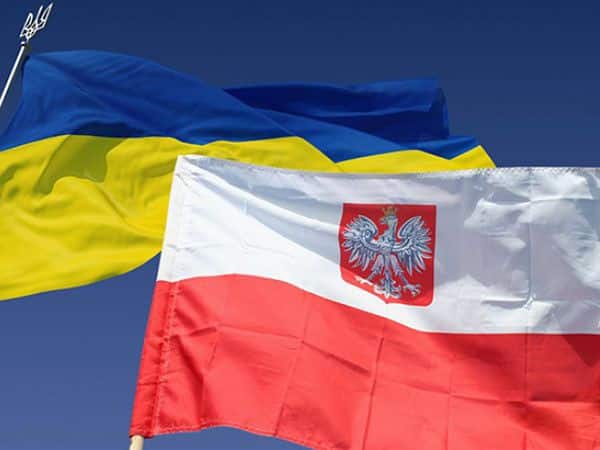Table of Contents
In August, Poland and several other neighboring countries announced their intention to extend the embargo on the import of Ukrainian grain. Although the ban is set to expire on September 15, at least two countries — Poland and Hungary threaten to prolong the ban at the national level.
Here is an analysis of the arguments of both opponents and proponents of extending the embargo. Which of them will prove more significant for Brussels?
Open international trade has several positive consequences that the end consumer experiences: a wider choice of goods and lower prices due to increased competition and the benefits of producer specialization.
Nevertheless, the belief that everyone benefits from free trade would be highly mistaken.
Less competitive industries usually find themselves in a difficult situation, at least in the short term. This is what happened to Polish farmers after the opening of the EU market to Ukraine.
But if Ukrainian farmers can produce grain more cheaply, why should their advantage be artificially destroyed by import restrictions?
Perhaps Polish farmers need to acknowledge this and not obstruct natural economic processes.
Below, European Pravda (media outlet) will try to look at the situation from the perspective of Poland (as well as Hungary, Slovakia, Bulgaria, and Romania) and Ukraine.
Perspective from Poland (and its allies)
Food security. The agricultural sector holds strategic importance for national security. Total dependence on foreign products undermines this security and creates significant risks.
Therefore, Polish farmers, who have fewer competitive advantages compared to Ukrainian farmers, cannot easily migrate to new sectors, leaving everything to Ukrainian farmers.
Ukrainian grain exports to Poland have increased significantly since the beginning of the large-scale invasion, but Ukraine is still in a state of war, so who can guarantee that Ukrainian farmers will be able to supply sufficient grain volumes?
Unfair Eurointegration. The higher cost of Polish grain is not a result of low productivity but rather a cost associated with complying with EU regulations (whose leadership supports Ukraine and opposes the embargo).
Poland became a member of the European Union in 2004 and has since taken significant steps towards integration with the EU Internal Market and the implementation of the Common Agricultural Policy.
Furthermore, labor mobility within the EU has influenced wages in Poland, which have significantly approached the EU average over the last twenty years. Consequently, the well-known formula “survival of the fittest in a free market” doesn’t hold true, as the higher price of grain represents the cost of complying with EU safety and regulatory standards.
According to this perspective, Polish farmers may have suffered in the past due to the decisive actions of the Polish government towards integration, and now it loses market share to the cheaper Ukrainian producer (which doesn’t sound good).
Voices of farmers. 12% of the Polish population is engaged in agriculture (compared to 14% in Ukraine). Therefore, the livelihoods of a significant portion of Poles depend on whether the Polish agricultural sector survives competition from Ukrainian (significantly cheaper) grain.
See also: Fate of the “grain corridor”: can Russia withdraw from the agreement?
The argument for restricting free international trade in order to “protect our workers” is common among populist politicians, so the fact that it is being raised in Poland ahead of elections should not surprise us.
Perspective from Ukraine (and Euro-institutions)
Disproportionate benefits from free trade. Overall, international trade in industrial goods is much more liberalized worldwide compared to the agricultural sector. As a result, there is an opinion that the current system of international trade is more advantageous for developed countries than for developing ones. While the first group exports capital-intensive industrial goods, the second group specializes in labor-intensive agricultural products. Accordingly, export sectors in more developed countries gain more.
Under the current restrictions, Ukrainian exporters gain relatively little compared to European (including Polish) export sectors.
Legal norms. EU membership allows for a considerable degree of independent policy-making, but not in terms of international relations and bilateral agreements.
Separate embargoes on Ukrainian grain directly violate the principles of the internal market.
Conflicting signals from European partners. It can be assured that Ukraine’s EU membership would be a shock to the Ukrainian (and European) economy. Moreover, free international trade promotes technology exchange and some degree of international wage and rent equalization, in other words, necessary adaptation changes on both sides. Therefore, the stage of free trade is intended to make the transition to higher levels of integration as painless as possible.
So, the question arises about the primary purpose of the Association Agreement between Ukraine and the European Union. If the main goal is to create conditions necessary for Ukraine’s membership, a ban on the import of Ukrainian goods clearly contradicts that goal.
Slowing down consumer inflation in Poland. Inflation rates in the EU have significantly accelerated since the spring of 2022. Deflationary policies are typically painful for the population as they involve reducing government spending (or raising taxes) and higher credit rates. On the other hand, importing relatively cheap Ukrainian grain can help lower food prices without resorting to more radical measures. Therefore, Polish consumers only stand to gain.
Supporting the Ukrainian economy during the war. Removing tariffs on Ukrainian products was not intended to be a lifeline for the economy during the war. And it must be acknowledged that it has worked: thanks to support for export sectors, the Ukrainian economy is performing better than one might have expected. However, the war requires significant expenses and is still far from over.
Economic changes are painful but inevitable. History provides numerous examples of societal changes resulting from economic transformation. Typically, every significant change in economic policy, technological innovation, and so on leads to temporary imbalances. Not everyone benefits in the short term. For instance, a substantial portion of low-skilled labor lost jobs due to the growth of offshoring, starting in the 1970s. However, over time, the majority of these “blue-collar workers” successfully retrained into “white-collar” positions.
Perhaps the Polish economy could gain more from potential economic diversification (opportunities opened up by Ukrainian agricultural exports) than from trade protectionism.
As we can see, the Ukrainian arguments appear more convincing. However, the current discussion allows us to look at the prospects of Ukrainian integration into the European community from a slightly different angle.
Ukraine’s EU membership depends not so much on meeting formalized requirements as on ensuring mutually beneficial and painless economic and political integration.
This cannot be achieved without changes — in fact, necessary changes are the primary goal. Both Ukraine and EU member states must minimize risks but not hinder the process.
Otherwise, what was the point of starting in the first place?
Originally posted by Yana Okhrimenko on European Pravda. Translated and edited by the UaPosition – Ukrainian news and analytics website
See also: Blackmail with grain: how Poland is exacerbating the crisis of Ukrainian agricultural exports

